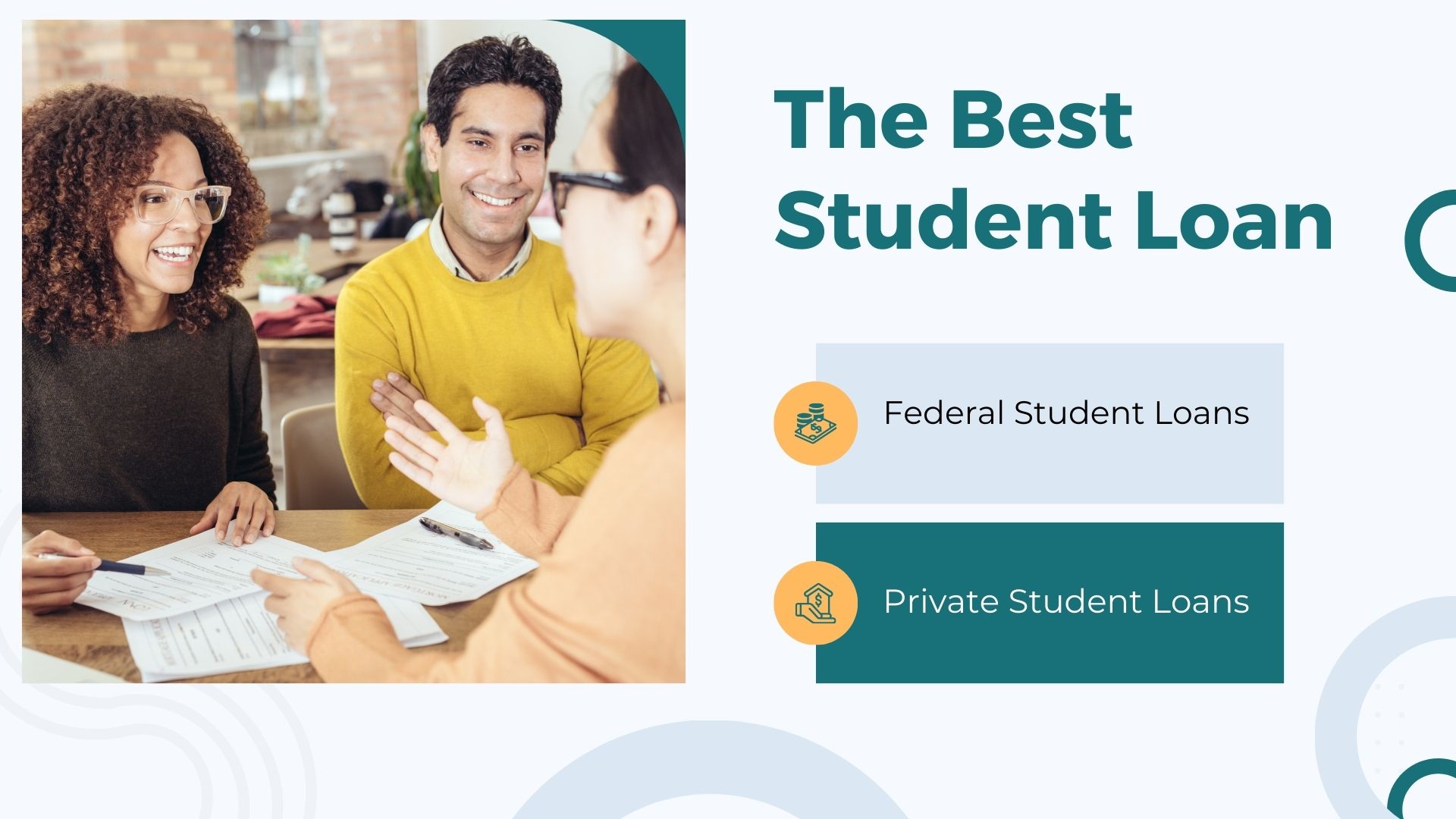With college tuition continuing to rise, most students need to take out loans to help pay for their education. But with many loan options out there, how do you choose the best one? This article compares the pros and cons of federal and private student loans to help you make the right decision.
Federal Student Loans
Federal student loans issued by the government tend to offer lower interest rates and have more flexible repayment options compared to private loans. The most common types are Direct Subsidized and Unsubsidized Loans, which undergraduates can qualify for by completing the FAFSA application.
The biggest advantage of federal loans is access to income-driven repayment plans like Pay As You Earn, which caps monthly payments at 10% of discretionary income. Remaining loan balances can be forgiven after 20-25 years of repayment under these plans. Federal loans also can be placed into deferment or forbearance if you face financial hardship.
Another major benefit is the possibility of loan forgiveness programs. Teachers and public servants may qualify for forgiveness after 5 or 10 years through Public Service Loan Forgiveness. Perkins loans also offer cancellation benefits for teachers, nurses and other fields.
The main drawbacks of federal loans are lower borrowing limits and the lack of a cosigner option. Dependency status and year in school determine how much you can borrow each year. Rates are also fixed, so you can’t refinance for a lower rate later.
Private Student Loans
Private student loans are non-federal loans issued by banks, credit unions and online lenders. Interest rates are based on credit, so you may qualify for lower rates with good credit or a cosigner. Private lenders also offer higher borrowing limits to cover tuition gaps.
The biggest advantages of private loans are potentially lower variable interest rates, faster application approvals, and higher loan amounts. Having a cosigner also improves the chances of approval and can help obtain lower rates. Many lenders allow you to choose between variable and fixed rates.
Downsides include fewer protections and repayment options. Most private lenders don’t offer income-driven repayment or forgiveness programs. Defaulting on a private loan also carries higher consequences like collections, damaged credit, and potential lawsuits.
Choosing the Right Loan
When deciding between federal vs private loans, federal should generally be your first choice because of lower, fixed rates and better protections. Exhaust your federal loan eligibility before considering private loans. Compare multiple private lenders to find the lowest rates if you need additional borrowing.
Also be sure to maximize free aid like scholarships and grants to minimize future loan debt. With federal loans offering more affordable rates and flexible repayment, they are typically the best option for most student borrowers.
When choosing a student loan, some key factors to consider are:
- Interest rates – Federal student loans generally have lower fixed interest rates than private loans. Compare rates across multiple private lenders as well.
- Fees – Make sure to account for origination/disbursement fees when comparing total costs. Federal loans generally have lower fees.
- Repayment terms – Income-driven repayment plans are available for federal loans, which base payments on income. Private loans typically have less flexible repayment.
- Forgiveness options – Federal loans provide more options like Public Service Loan Forgiveness. Private loans have limited forgiveness.
- Cosigners – Federal loans don’t require a cosigner while private loans often do. This impacts eligibility.
- Credit check – Private lenders base approval on credit so check yours before applying. Federal loans just require basic eligibility.
I’d recommend starting with federal student loans first due to lower rates/fees and more flexible repayment. Then explore private student loans if federal loans aren’t enough, comparing across multiple private lenders. Be sure to also research scholarships, grants, work-study and other ways to help pay for school. Let me know if you need any clarification or have additional questions!
FAQs about choosing the best student loan:
Q: Should I take out federal or private student loans?
A: Federal student loans should be your first choice because they offer lower fixed interest rates, flexible repayment plans, forgiveness options, and don’t require a credit check or cosigner. Only consider private student loans if you’ve maxed out your federal options.
Q: What are the interest rates for federal and private student loans?
A: Federal loan interest rates are fixed around 5% for undergrads. Private loan rates depend on your credit and market interest rates, but are often variable starting around 4-12%. Always compare rates across multiple private lenders.
Q: What is the difference in repayment terms?
A: Federal loans offer income-driven repayment plans that base your monthly payment on your disposable income. Private loans have less flexible repayment terms and options.
Q: How much can I borrow in federal vs. private loans?
A. Federal loan limits depend on your dependency status and year in school, but the total limit is $31,000-$57,500 for undergrads. Private loans allow you to borrow up to the full cost of attendance minus any other aid.
Q: Can private student loans be forgiven?
A: Federal loans offer multiple forgiveness programs, including Public Service Loan Forgiveness. Private student loans have very limited forgiveness options in cases of disability or death.
Q: Do I need a cosigner for private student loans?
A: Most private lenders require good credit or a cosigner if you don’t qualify on your own. Federal loans don’t require a cosigner.
Q: Should I consider a student loan refinance after graduating?
A: Yes, you can potentially qualify for lower interest rates by refinancing federal or private student loans after you graduate and have income and a better credit score. Just be sure to compare costs and protections.

